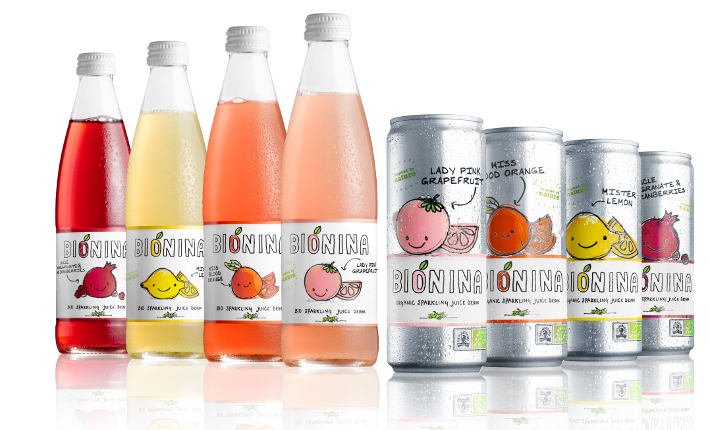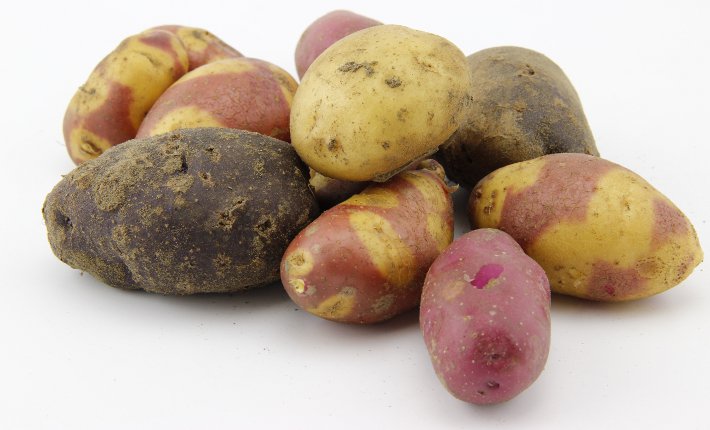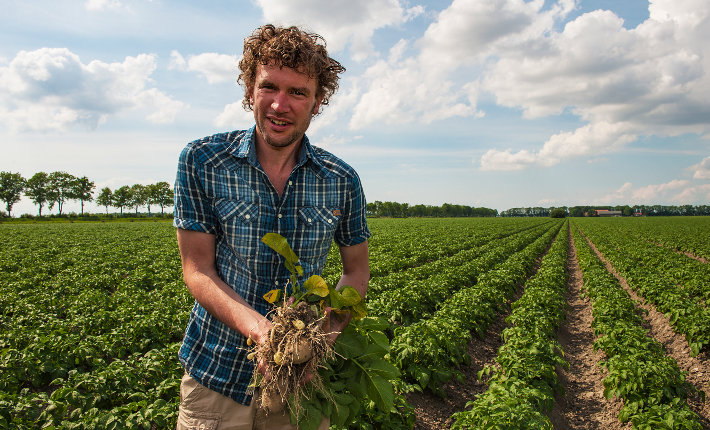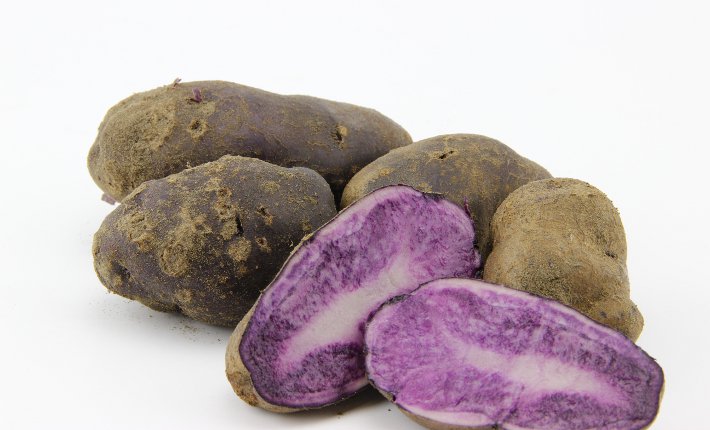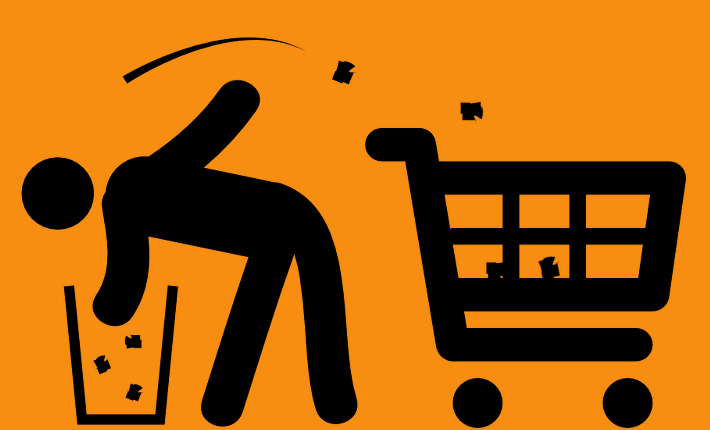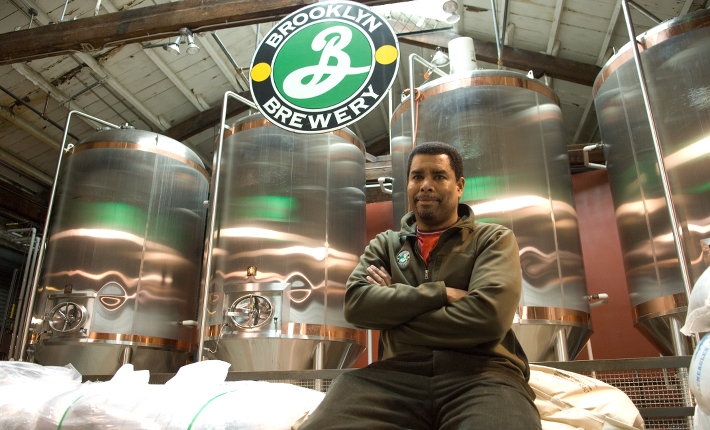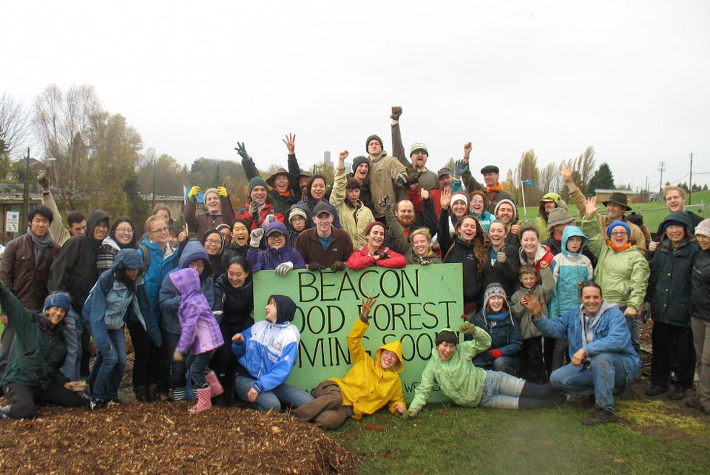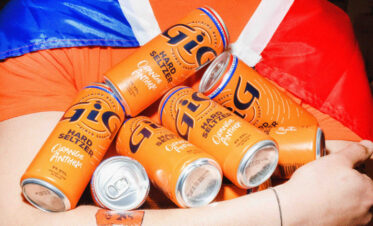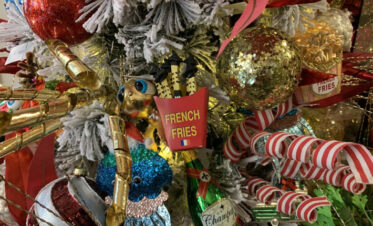
The Future Hotel
18-9-2014
Researchers of the Fraunhofer Institute IAO developed a ‘Future Hotel’ together with partners from the hotel and their supply industry. Via the video you get a brief impression of the future opportunities for a hotel room. Examples are a mobile check-in via a smartphone; round shapes in the hotel room; innovative communication systems, systems that are voice controlled; the fiber of the glass that could be adjusted from see through to non transparent; the ability to change the color of the room; taps with a light and temperature display and a whirlpool with a heated wall, by infrared. The hotel bed of the future (‘an energy-bed’) provides an electric motor for swing movements that makes guests fall asleep more easily and rise and shine the next morning.
We have seen more hotel rooms of the future, striking similarities are the round curves in architecture, the use of the smartphone and the tap and the possibilities of changing the color in the room. We didn’t see the ‘energy-bed’ before…
In February 2013, another future hotel room was presented at the Fiturtech, the International Tourism Trade Fair, in Madrid, that was called the ‘ITH Room Xperience’.
Bionina the organic drink
11-9-2014
Bionina is an organic drink made of fresh fruit and sparkling water. The ingredients find their origin in Italy. The mineral water is from the Italian mountains and the fruit is from the organic farms in Sicily. No colorants, fragrances, preservatives and flavoring are added to the drink. Bionina is available in four distinctive flavors: cranberry/pomegranate, blood orange, grapefruit and lemon. Another trendy, non-alcoholic drink.
The potato store in Amsterdam
10-9-2014
A temporary potato store will open in Amsterdam on 26 September. The pop-up store ‘Pieperboetiek’ (pieper is a Dutch nickname for a potato) will be opened for two weeks and is dedicated to potatoes. Besides giving information, 30 kinds of potatoes are sold as well. All types of potatoes are organic and grown locally in the Netherlands. The goal of the store is to reduce the gap between the city and countryside. Visitors can ask questions to potato farmers, a fries-debate is held and a potato dinner is organized. The ‘Pieperboetiek’ is an initiative of Krispijn van den Dries, a biodynamic farmer and slightly a potato activist. Earlier Krispijn protested against the low prizes of potatoes by dumping 6.000 kilos of potatoes on the Dam in Amsterdam. Krispijn is, together with city farmer and journalist Felicia Alberding and the Youth Food Movement, committed to an honest food system and better relationships between the city and the countryside.
How do you apply trends as entrepreneur in the hospitality industry?
1-9-2014
First of all, when talking about trends you need to realize that many different concepts are being named trends these days. However, there is a big difference between trends, hypes and inspiration. For example, we call our website hospitalitytrends.eu but mostly offer inspiration based on red threads in international trends. Real trends take their time in the adoption curve. If you look at the adoption curve of for example sustainability, you’ll see that it has been coming up for 15 to 20 years already and now it is mainstream, thus this is a trend. Hypes however usually stick around with the innovators and early adopters.
The usual development of a trend is that it begins with a very small portion of the population. Logically entrepreneurs are drawn to new trends since they are always looking for new success. They are constantly scared to miss out and fail in their business endeavours, yet specifically as an entrepreneur it is important that you keep on living your own dream and take care that you do not jump on every trend or hype that comes along.
Foodlogica sustainable bike transport
8-8-2014
‘Cities’ known from the book ‘Farming the City’ has launched a pilot project for electric bicycle transportation this summer. The project Foodlogica connects local food, businesses and consumers. Food Logic uses an hourly rate of € 20, – including driver during the pilot. With 300 kg per transport (including the driver), maximum dimensions of 120 x 94 x 120 cm and a radius of 50 km it can be an interesting alternative for small sustainable entrepreneurs.
Participants pilot
The first participants in the pilot are the Chocolate Makers, Bee Box, ‘Van Boer tot Bord’, Willem & Drees and Juice & Salad Cafe.
Instock waste restaurant
1-8-2014
The pop-up waste restaurant Instock is open for a month now and gets positive reviews. The founders, who met at Albert Heijn, put food waste literally on the menu. The cooks in the pop-up restaurant prepare left-overs of the supermarket chain that would otherwise be thrown away. The ingredients depend on the daily harvest and is pciked up at the stores with an electric minibus. Instock is open every weekend for a three-course dinner on Friday and Saturday (17:00 to 23:00) and Sunday brunch (from 10:30 to 17:00).
(Un)avoidable food waste
All the food served is still meets the required quality standards. “You can differentiate between unavoidable and avoidable food waste. Wasting food that is actually no longer consumable is inevitable, but we avoid food waste while it is still suitable for consumption.”
Summer Play area on a roof garden
28-7-2014
The last couple of weeks, I noticed that the car park where I always park wasn’t as packed as usual. In Arnhem, they have a nice solution for car parks during the summer. They created a ‘Roof Garden’. A public place or a all-in-one location, where you can hang-out, drink something, eat a ‘roof’-meal, enjoy the garden and follow a bee workshop. You can even play ping pong, practice ‘roof’yoga, see a ‘roof’-movie and exercise at the underground gym. Furthermore, it is a showroom for creatives and cultural initiatives, such as a silent disco. The design is sustainable, it uses solar energy and for example the furniture is created from wooden pallets by volunteers.
Update: 3 August was the final day, luckily we still got the pictures.
Amsterdam opens first dump supermarket
25-7-2014
In September the first dump supermarket ‘Gekke Gerrit’ will open in Amsterdam. The supermarket sells remnants that brand supermarkets are not allowed to sell anymore and offers left over seasonal products outside the season, such as ice cream in the winter. The dump supermarket sells these products for the lowest prices. The store will be a pilot, but owner Gerrit Hoksberg hopes to open more dump supermarkets.
Brooklyn lager in Dutch bars
25-7-2014

On Thursday 17 July Brooklyn lager officially introduced its beer in Amsterdam. The beer is brought to the Netherlands by Bier & Co and fits well in the growing demand for specialty beers. The ‘4 Pint Rule ‘, where the drinker wants to (and can) drink four pints will, be a welcome addition to the heavier and more extravagant specialty beers.
Brooklyn Lager’s brewmaster Garrett Oliver wrote several books including one about beer and food pairing. He was important for the introduction of the Slow Food Movement in his country. The brewery has a Slow Food NYC approval and runs on 100% wind energy.
The Beacon Food Forest
17-7-2014
We have mentioned the food oasis before, for the first time, a public food forest was created at seven overgrown acres ground in Beacon Hill, in the neighborhood of Seattle. A food forest is a vegetation of edible plants, fruiting shrubs and vines, planted as a self-sufficient forest. We think it is a nice initiative to involve the neighborhood by growing such a special natural food forest in Beacon Hill.







